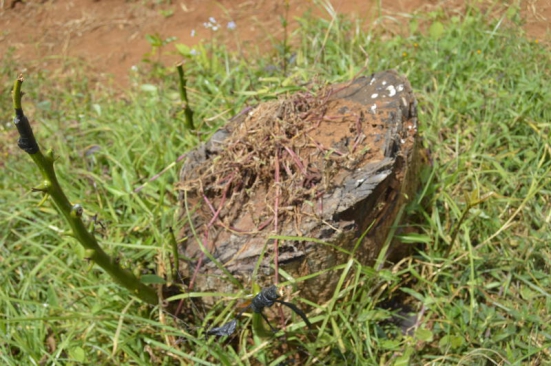×
The Standard e-Paper
Join Thousands Daily

Ndakaini Half Marathon held annually in Murang’a County is one of the toughest races owing to its unforgiving terrain. The race has produced world class beaters including late the Olympic champion Samuel Wanjiru and double world champion Abel Kirui.